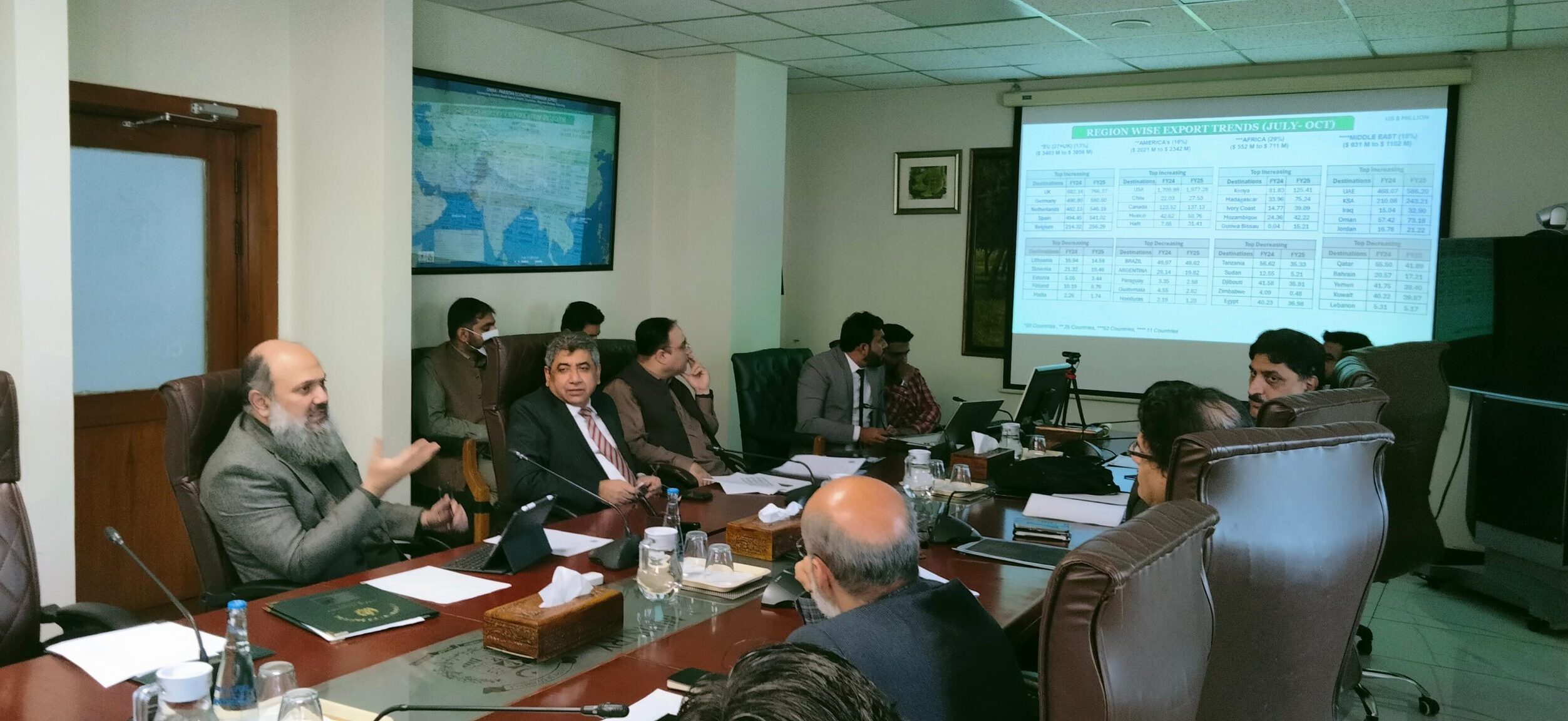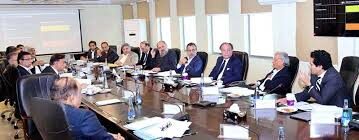Karachi, August 30, 2019: Small and medium-sized businesses (SMBs) play an undeniable role in Pakistan’s economic growth. Often starting as family businesses or partnerships with friends, they have grown to be flexible and dynamic business models taking technological innovations in stride with their own expansions.
Research has shown that in emerging economies, SMBs’ contribution to the national income can be as much as 33 percent and almost 50 percent to total employment. Pakistan itself has a healthy and robust SMBs that
Technology has played a revolutionary role in its growth and success. Consider the example of the SMB elo, a traditional garment manufacturing and export business from Faisalabad. Their digital transformation into an e-commerce retailer with a nationwide customer base through the use of Facebook has been remarkable.
Things changed when Umar noticed the number of finished garments and fabric stock was piling up in his father’s warehouse. Due to declining sales in Europe, a lot of his father’s export clients were going out of business and in some cases, cancelling orders. He came up with an innovative idea: Why not sell the leftovers?
Historically speaking, leftover garments were sold by factories at 1/5th of the selling price to a local Lotia (Wholesaler). What first began with the idea of selling the leftovers for 1/5th the cost price of the product quickly expanded into a creative successful family business. Umar became inspired to start an upcycling platform where he could sell leftover items at the cost price to recover at least the manufacturing cost of the product. And this is where online platforms became crucial to the business’s success.
elo started as a two-man operation in 2013 and today employs 80 people. Its success in using the online platform Facebook to advertise their business and having an easy mode of access to their customers, and vice versa, has flourished their business. Their growth through Facebook advertising was crucial, being the only inexpensive source of advertisement that the small business could afford.
The results are impressive: Since using Facebook, revenue and website visitors have both increased by 100 percent, customer satisfaction is at 4.75 on a scale of 1 to 5, and the customer return rate is at 70 percent
They ensure competitiveness in the economy, provide income, and are a stable source of employment. They also ensure technological innovation by providing constant stimulation for the economy’s growth. And unlike larger businesses, SMBs are more likely to stand the test of time in adapting to change in economies.
Pakistan’s small and medium-sized businesses are foundational to reducing poverty and expanding the economy. There are more than three million businesses in the country, and these businesses represent more than 90% of all private businesses. The sector contributes to 25% of the country’s exports of manufactured goods- their contribution is nothing short of monumental. But this also means they must be given external support to ensure more success stories like elo’s.
Today,
Everything used in making Polo Republica merchandise is leftover, even the zips and the buttons. The goal is to eliminate all leftover waste, so even the smaller fabric pieces are used up, converted into small pencil bags or tote bags. This has helped us create a lot of awareness about sustainability and upcycling products in Pakistan.
elo spends some three hours a day on Facebook and Instagram, but the returns indicate the inexpensive success these technologies afford. Facebook in a constant bid to enhance its resources in terms of various tools and products has been significant in helping SMBs grow their businesses.
The organisation provides a platform for SMBs to learn from each other around all the different sophisticated tools and techniques that are there to use. The global platform has shown its role in expanding businesses and contributing to their immediate growth.
elo plans to scale its business to double its sales next year. Its success through online advertising through Facebook and Instagram represents the potential of entrepreneurship and innovation that SMBs hold, and their ability to adapt quickly to new technologies.
SMBs
In Pakistan, what they need now is support from the government, such as through subsidies, to further contribute to the innovation of the economy through economic diversification, income generation, and poverty alleviation. SMBs’ successes represent huge potential for the country’s advancement.


























































































































































































































































































